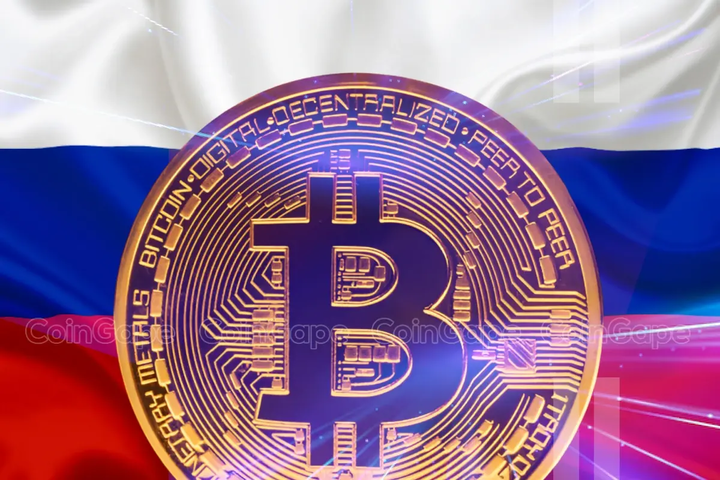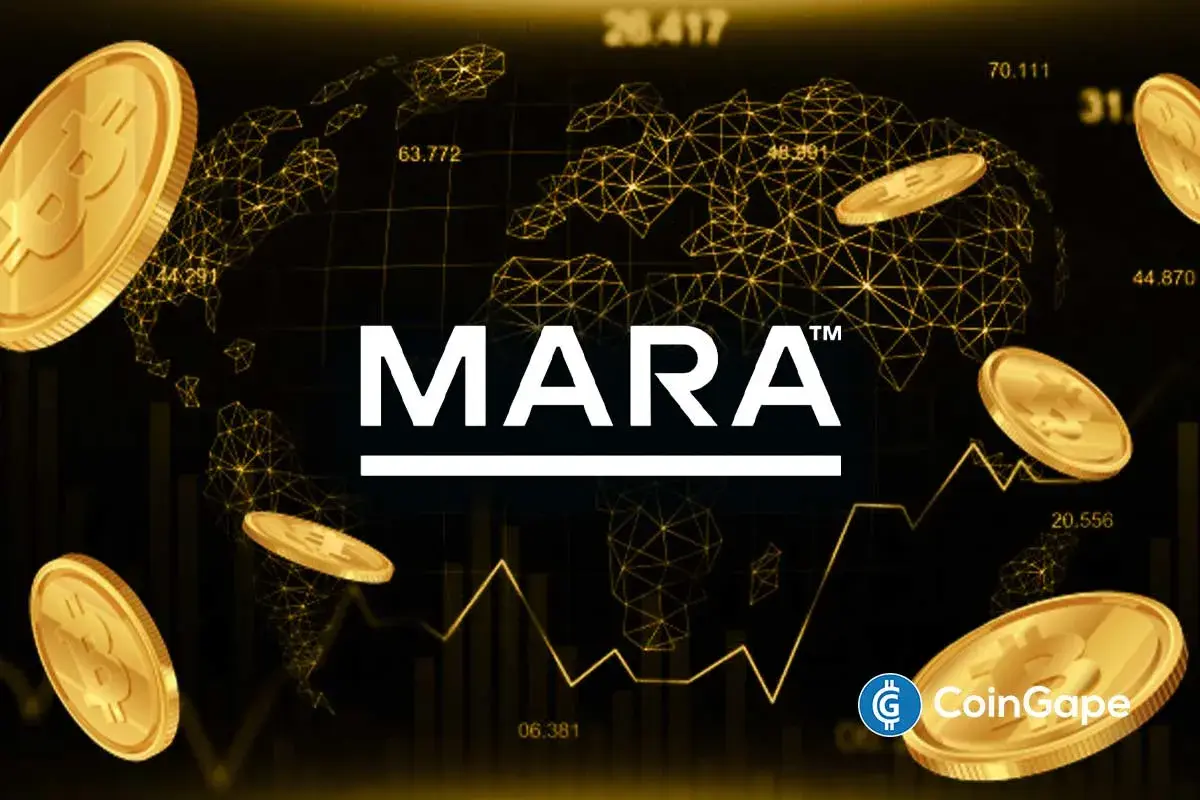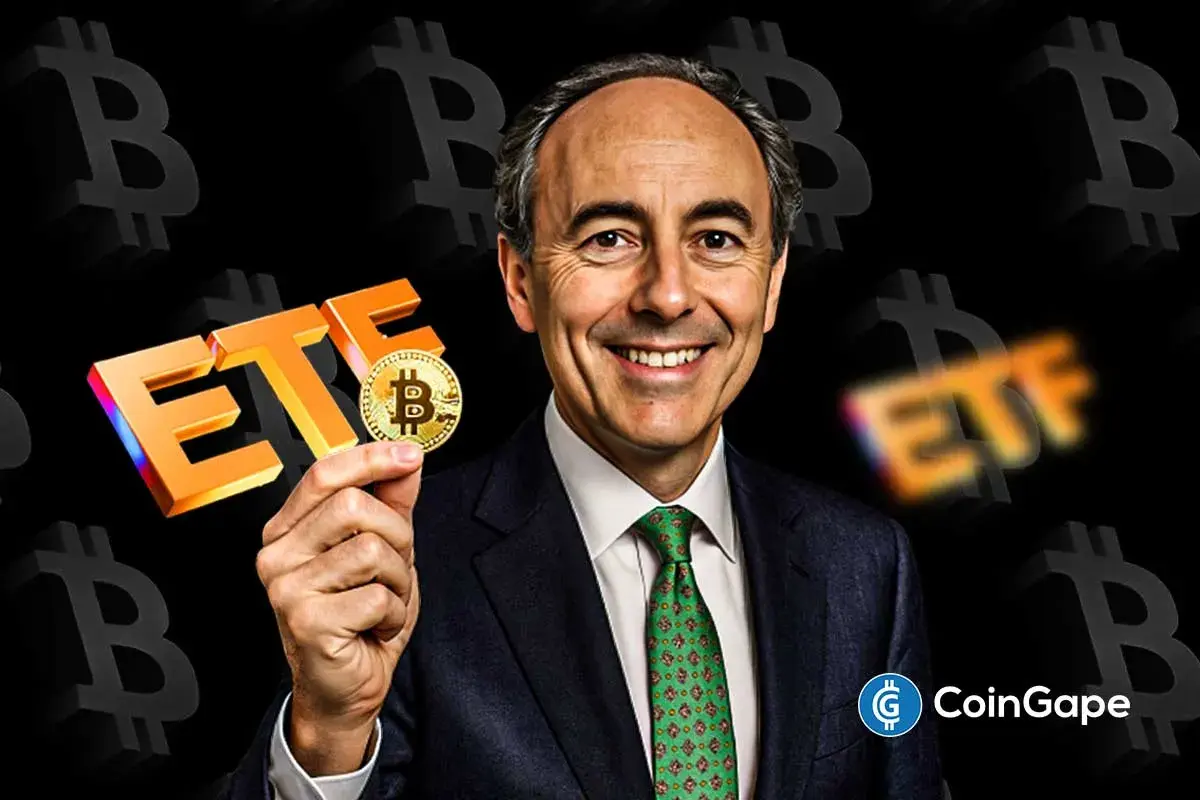How Russia Plans To Use Bitcoin To Evade Western Sanctions

Highlights
- Russia explores BTC payments for imports to bypass US dollar amid sanctions.
- BitRiver, RDIF partner to build mining data centers across BRICS, boosting global computing power.
- New Russian law enables BTC from local mines for international trade, bolstering cross-border liquidity.
As global tensions rise, Russia is increasingly turning to Bitcoin and other cryptocurrencies as a way to sidestep Western sanctions. This development is a major discussion topic at the ongoing BRICS summit as Russian leaders and companies look for ways to harness BTC and increase the country’s presence in the digital economy.
Russia Plan To Use Bitcoin To Evade Western Sanctions
At the summit in Kazan, lawmakers are considering the idea of allowing Russian miners to sell their Bitcoin to foreign consumers. These buyers could then use BTC and other cryptocurrencies to pay for imports and thus avoid the traditional systems which are based on the US dollar. This would enable Russia to participate in cross border commerce even under the current sanctions.
The Russian President, Vladimir Putin, has revealed that the BRICS countries are in the process of exploring options for other means of payment, with cryptos like the Bitcoin and XRP being considered.
This is a major change as the BRICS coalition including Brazil, Russia, India, China and South Africa aims at enhancing its economy outside the western world. As the BRICS countries have more than 40% of the world’s population and about 25% of the global economy, they are posing a great challenge in the international trade.
BitRiver and RDIF Lead the Crypto Initiative
BitRiver’s partnership with the Russian Direct Investment Fund (RDIF) is another milestone in the development of Russia as an authoritative player in the area of global computing power and the development of the cryptocurrency mining industry. BitRiver is one of the biggest mining companies in Russia, with 21 data centers, and another 10 are under construction.
This joint venture plans to set up data centers in all the BRICS countries for Bitcoin mining as well as AI computing.
Igor Runets, CEO of BitRiver, stressed that the launch of this initiative will help improve the liquidity in cross-border transactions in the BRICS countries and also advance artificial intelligence and digital technologies. This partnership is in line with Russia’s larger strategy of developing an independent technological infrastructure, decreasing reliance on imported technologies, and generating employment opportunities within the country.
Russia’s Crypto Regulation and Cross-Border Payments
Russia’s efforts to regulate the cryptocurrency industry have accelerated in recent years. The country implemented a new cryptocurrency mining law in August 2024, which established clear guidelines for mining operations.
Miners must now register with government databases and comply with energy consumption limits. This law also allows Russian-mined cryptocurrencies, such as BTC, to be used for international payments, offering a new way for the country to engage in foreign trade.
At the Industrial Mining Association (IMA) forum in Moscow, which involved 70% of Russia’s mining farms, discussions centered on taxation and the legal framework for crypto mining. The Russian Federal Tax Service (FTS) proposed a two-tier tax system for mining companies, further shaping the regulatory landscape for the growing industry.
Additionally, plans for Russian crypto exchanges in Moscow and St. Petersburg will further boost the country’s digital economy and help facilitate international transactions using cryptocurrencies.
Play 10,000+ Casino Games at BC Game with Ease
- Instant Deposits And Withdrawals
- Crypto Casino And Sports Betting
- Exclusive Bonuses And Rewards

- BTC Price Bounces as Spot Investors Buy The Dip Amid Iran War Jitters
- CFTC Chief Mike Selig Signals US Crypto Perpetual Futures Rollout in Coming Weeks
- Fed Rate Cut Odds Drop as Inflation Fears Rise Due To U.S. Iran Conflict
- Here’s Why Tether Gold (XAUt) Price Is Falling Even With Growing Gold Demand
- XRP News: Ripple Expands Payments Platform To Unify Fiat and Stablecoins Globally
- Gold Price Prediction March 2026: Rally, Crash, or Record Highs?
- RIOT Stock Prediction as Needham, Piper Sandler Slash Target After Earnings
- Cardano Price Outlook As Charles Hoskinson Warns Over CLARITY Act
- Circle Stock Price Climbs 15% to $96, Can Rally Continue in March 2026?
- Bitcoin Price Prediction as US-Iran War Enters 4th Consecutive Day
- Top 5 Historical Reasons Dogecoin Price Is Not Rising

 Buy $GGs
Buy $GGs
















